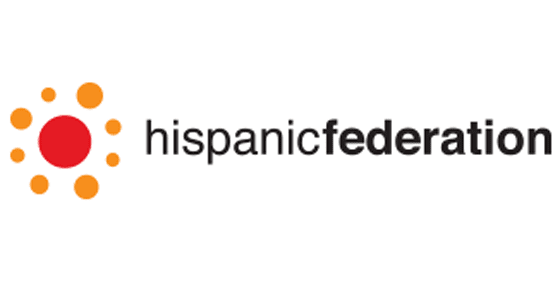In 2014 a survey conducted by the Natural Resources Defense Council (NRDC) showed that 87% of Latino voters think protecting natural resources is an important issue for the country to address. In fact, Latinos regularly point to environmental issues such as clean water access, air quality, and global warming as important to them and their families.
Yet, when it comes to access to our nation’s national parks and green-spaces, Latinos lag behind their non-Hispanic peers. A recent study by the National Forest Service found that 96% of visitors to national forests were white out of the estimated 160 million recreation visits during their five-year study period 2009-2012.
That disparity was at the center of a recent panel at the Congressional Hispanic Caucus Institute Policy Conference in Washington, D.C. titled, “Health Parks, Healthy Latinos.” The panel, chaired by U.S. Representative Raúl Grijalva, examined initiatives that can increase social equity in federal, state and local parks and recreation agencies in Latino communities. In addition, panelists discussed the policy challenges facing parks and public lands, why Latinos are missing from these discussions, and solutions for increasing Latino engagement with the nation’s parks.
Hispanic Federation’s Director of National Advocacy, Laura Esquivel, was a member of the panel discussion and she noted that Latino engagement with parks and forests suggests troubling implications for the future success of the Park Service. Esquivel, as reported by Graham Vyse of Inside Sources, said that environmental groups needed to “make more conscious efforts engaging Latinos, including breaking down barriers preventing them from feeling connected to parks.”
“Why do more white kids grow up to be hikers and national park advocates?” she asked. “Admittedly, not all white kids grow up with parents who pitch tents on the weekend, but many of them do have the ability to send their children to summer sleepover camp, where children fall in love with the outdoors.”
